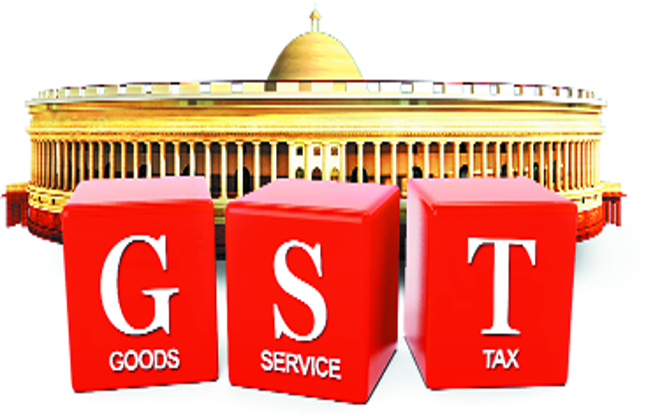 Suspecting massive tax evasion under the goods and services tax (GST) regime, the government is banking on the new e-way bill system as well as the transaction trail that will be established once businesses start filing their detailed sales returns to bring tax evaders to task.
Suspecting massive tax evasion under the goods and services tax (GST) regime, the government is banking on the new e-way bill system as well as the transaction trail that will be established once businesses start filing their detailed sales returns to bring tax evaders to task.
While all states will implement the e-way bill system for inter-state movement of goods from 1 February, taxpayers have to file the GSTR-1 form relating to supplies for the initial few months by 10 January.
The GSTR-1 form requires the supplier of goods to specify details of the supply as well as that of the recipient. These details then will get automatically filled in the tax return form of the recipient, thereby ensuring a transaction trail and compliance.
The government had deferred the deadline for filing GSTR-1 multiple times to give taxpayers more time to aid a smooth transition to this new tax regime.
According to the revised filing schedule released on Friday, small businesses with revenue of up to Rs1.5 crore can file the first quarterly GST return (for July-September) by 10 January. Entities with turnover above Rs1.5 crore have to file monthly returns relating to supplies for the July-November period by 10 January.
“Once GSTR-1s are filed on a regular basis, some enforcement measures could be adopted. That includes field officers checking whether the recipients of supplies identified in these returns have also filed returns and paid their due taxes,” an official with knowledge of the development said on condition of anonymity.
From 1 February, an e-way bill will have to be generated for all movement of goods—within or outside a state—amounting to more than Rs50,000 by prior online registration of the consignment. The supplier and the transporter can upload the details about the shipment and get a unique e-way bill number.
The tax authorities in states can then compare the details in the e-way bill with the actual shipment to check for tax evasion.
The government suspects many business-to-business transactions are being kept off the books and payments done in cash to avoid paying GST. Additionally, it also suspects under-invoicing of goods.
In an audit of the composition scheme, the government found that the 600,000 taxpayers who filed tax returns under the scheme paid only Rs251 crore for the July-September period. Under this scheme, taxpayers with a turnover of up to Rs1.5 crore have the option of paying a minimal rate of tax and filing a simplified tax return.
GST, a destination-based tax that aimed to remove barriers across states and integrate the country into a common market, was implemented from 1 July. Its implementation was expected to expand the taxpayer base and curb tax evasion.
However, lenient implementation saw tax collections falling progressively, prompting states and the central government to take corrective measures. Industry now fears harassment as authorities move aggressively to shore up tax collections.
Source: Livemint
We have launched Single Platform on GST Compliances In India, assisting in 4 areas – 1) Migration, 2) GST Compliance, 3) Training and 4) Transition & Implementation. Click this link for any assistance.

 Toll Free:
Toll Free:  Contact Us
Contact Us

